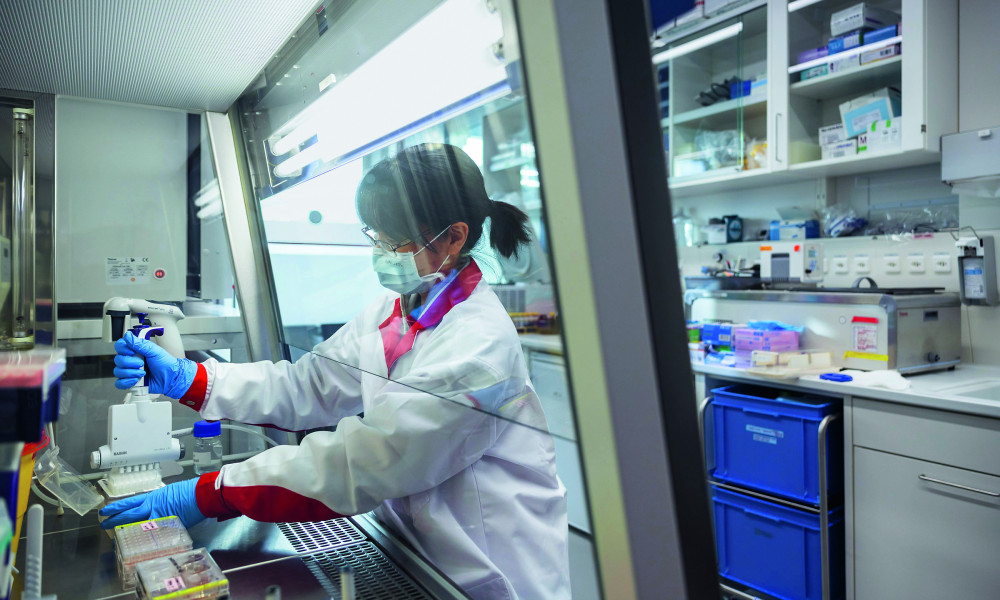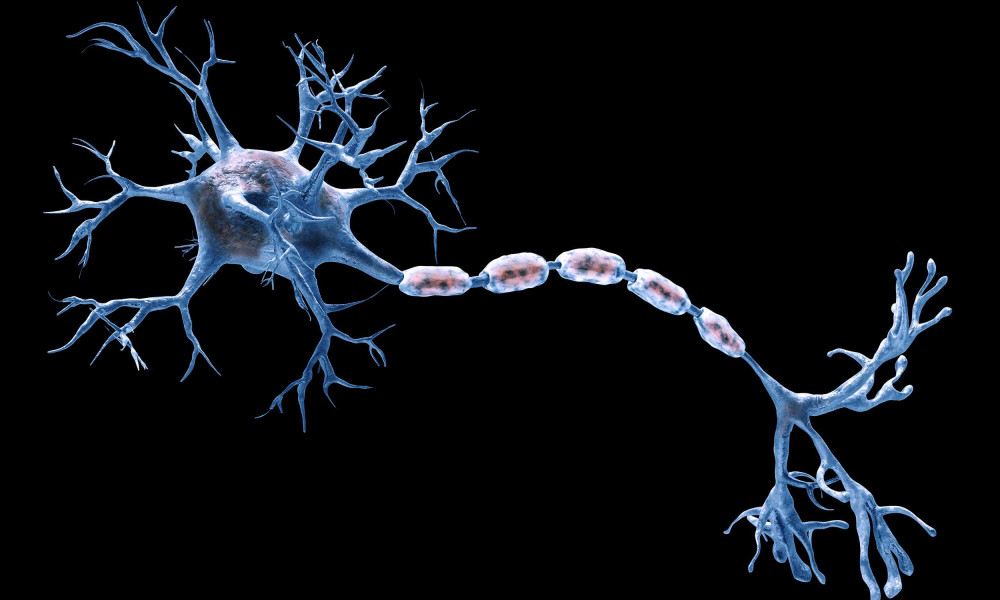Sequencing Living Cells Made Possible Through Live-Seq
Details of the development of the new technology called Live-Seq were published in an article in the journal Nature (“Live-seq enables temporal transcriptomic recording of single cells”). This innovation enables the collection and profiling of RNA from live cells under minimally invasive conditions.
“It [Live-seq] is the combination of an optimized fluid force microscopy approach—essentially an atomic force microscope with a hollow cantilever, which allows us to extract cytoplasm (and thus also mRNA) from a cell without lysing it, and a highly sensitive single-cell transcriptomic approach developed in-house that allows us to derive genome-wide gene expression profiles from the minute amounts of mRNA that are present in the cytoplasmic extract,” said Deplancke.






